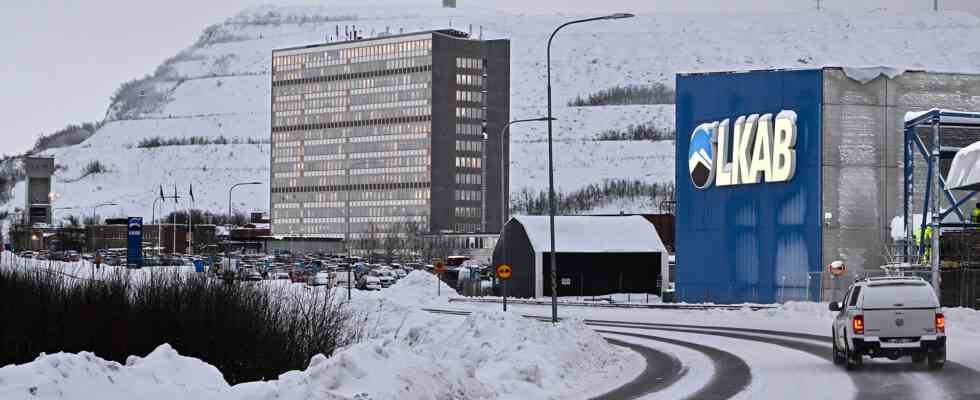Status: 01/12/2023 1:20 p.m
According to the Swedish state mining company LKAB, it has discovered the largest deposit of rare earths in Europe. It is more than a million tons of degradable mass.
The largest deposit of rare earths known in Europe to date has been discovered in northern Sweden. This was announced by the Swedish state mining company LKAB, which operates an iron mine in Kiruna. According to this, it is a matter of deposits of over one million tons that could soon be mined. The exact extent of the fund is not yet clear.
“This is good news, not only for LKAB, the region and the Swedish people, but also for Europe and the climate,” said Jan Moström, CEO of LKAB, in a statement. “It could become an important building block for the production of the critical raw materials that are absolutely crucial for the green transition.”
Rare earths are not currently mined in Europe, leaving the region dependent on imports from other countries, while demand is likely to increase in the coming years due to the increasing adoption of electric vehicles and renewable energy. “Electrification, EU self-sufficiency and independence from Russia and China will start at the mine,” Energy, Economy and Industry Minister Ebba Busch said in the statement.
Start of dismantling only possible in a few years
The European Commission considers rare earths to be one of the most important resources for the region. The road to mining the deposit in Sweden is long: LKAB plans to submit an application for a mining concession in 2023, but adds that it will take at least up to 15 years before the company can start mining the deposit and shipping it to the sea market can begin.
Rare earths include a whole range of elements that are required for the production of smartphones and electric cars, for example for batteries, catalytic converters and magnets, but also for lighting. Currently, the largest deposit of these metals can be found in China.
This spring, the EU Commission intends to propose measures to strengthen Europe’s strategic autonomy in relation to critical raw materials. Another argument is that without this autonomy there can be no ecological and digital change. Busch continued to look forward to the Commission’s planned proposals with great expectations.
Large find of rare earths in Europe
Sofie Donges, ARD Stockholm, 12.1.2023 1:30 p.m

